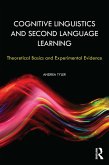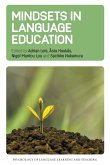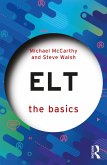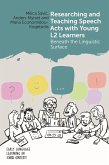All about bilingualism, in science and in life: the benefits and controversies, the individual experience, and the social significance. Nearly half the world's people are bilingual, but many have no clear understanding of whataside from being fluent in more than one languagebilingualism means. This lively introduction by linguist Penelope Gardner-Chloros covers everything a bilingual (or curious monolingual) individual might want to know. The book discusses how bilingualism affects brain development and performance in the young and old, its social and political significance throughout time and around the globe, and how people experience and describe it. Gardner-Chloros looks at how both children and adults, become bilingual, how this affects learning, and what it means to be a bilingual family or family member. Drawing on the latest research, she offers a comprehensive but accessible account of the cognitive effects of bilingualism, and how the bilingual brain differs from the monolingual one. With the help of real examples, she outlines the impact of bilingualism on everyday speech and writing, from formal literature to social media, and lets speakers of various languages and backgrounds describe, in their own words, their experience of bilingualism and its impact on their lives. Informative, engaging, and wide-ranging, Bilingualism is the indispensable resource on a common but little understood phenomenon of far-reaching personal, social, political, and historical significance.
Dieser Download kann aus rechtlichen Gründen nur mit Rechnungsadresse in A, B, BG, CY, CZ, D, DK, EW, E, FIN, F, GR, HR, H, IRL, I, LT, L, LR, M, NL, PL, P, R, S, SLO, SK ausgeliefert werden.









